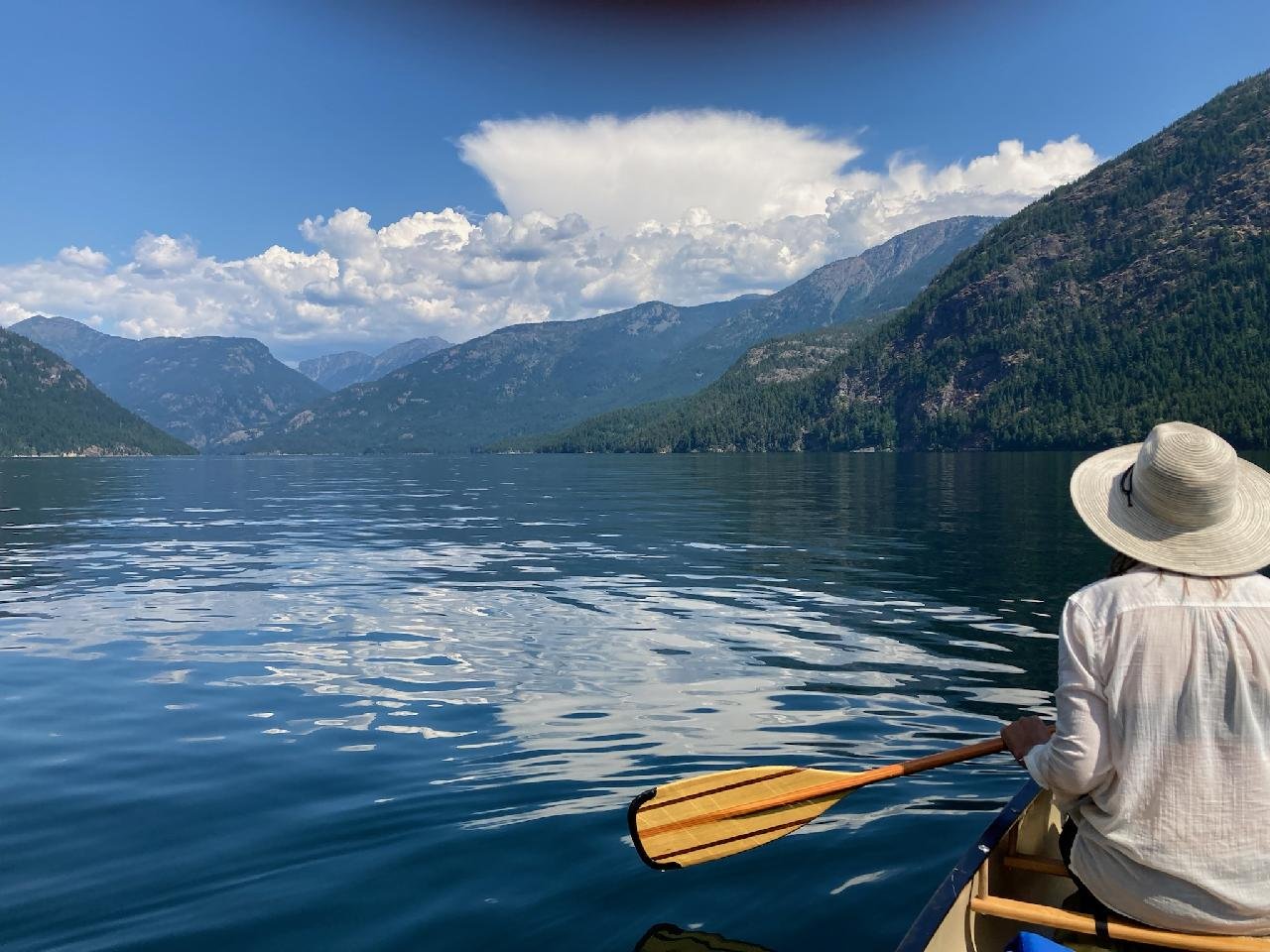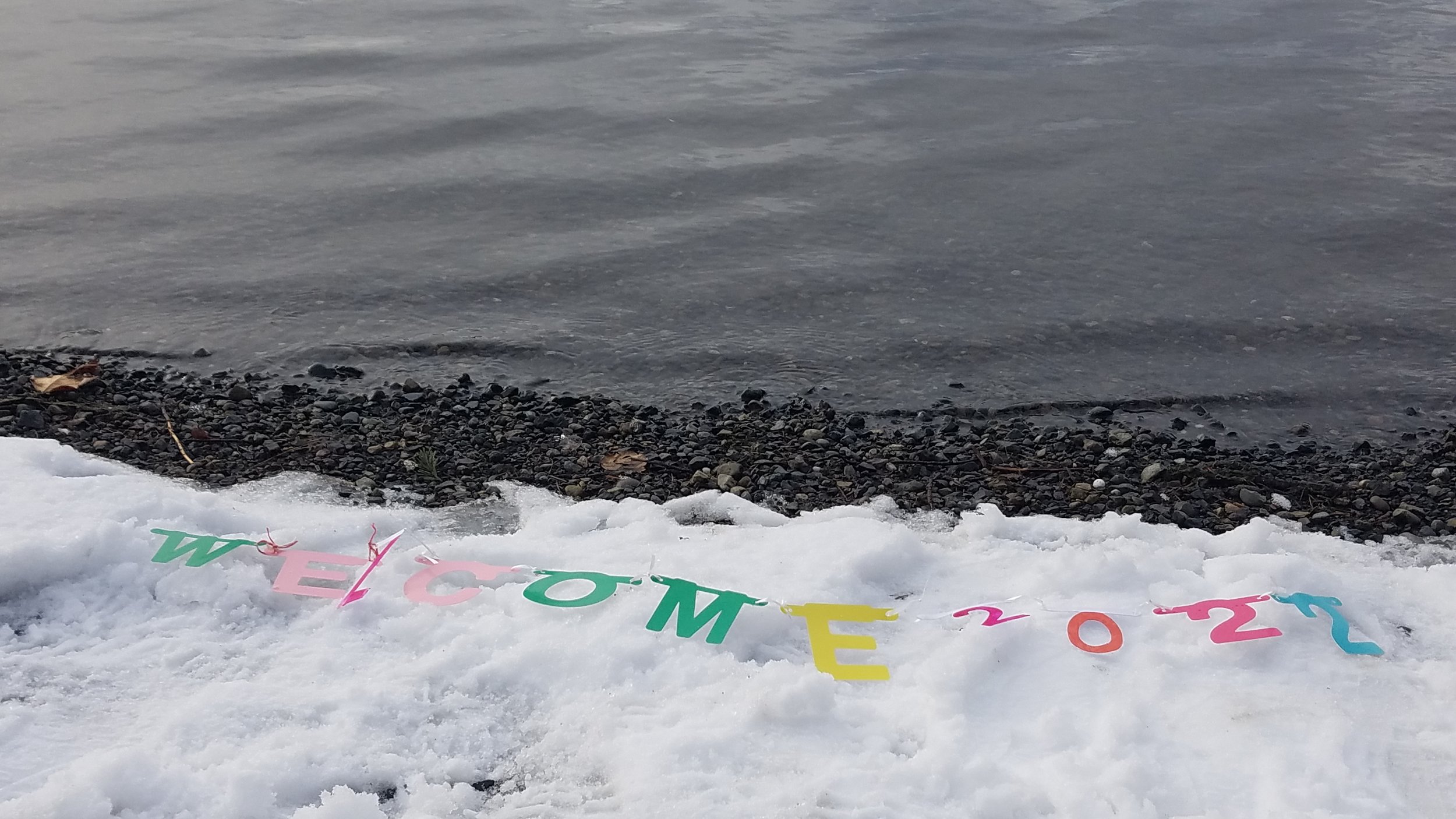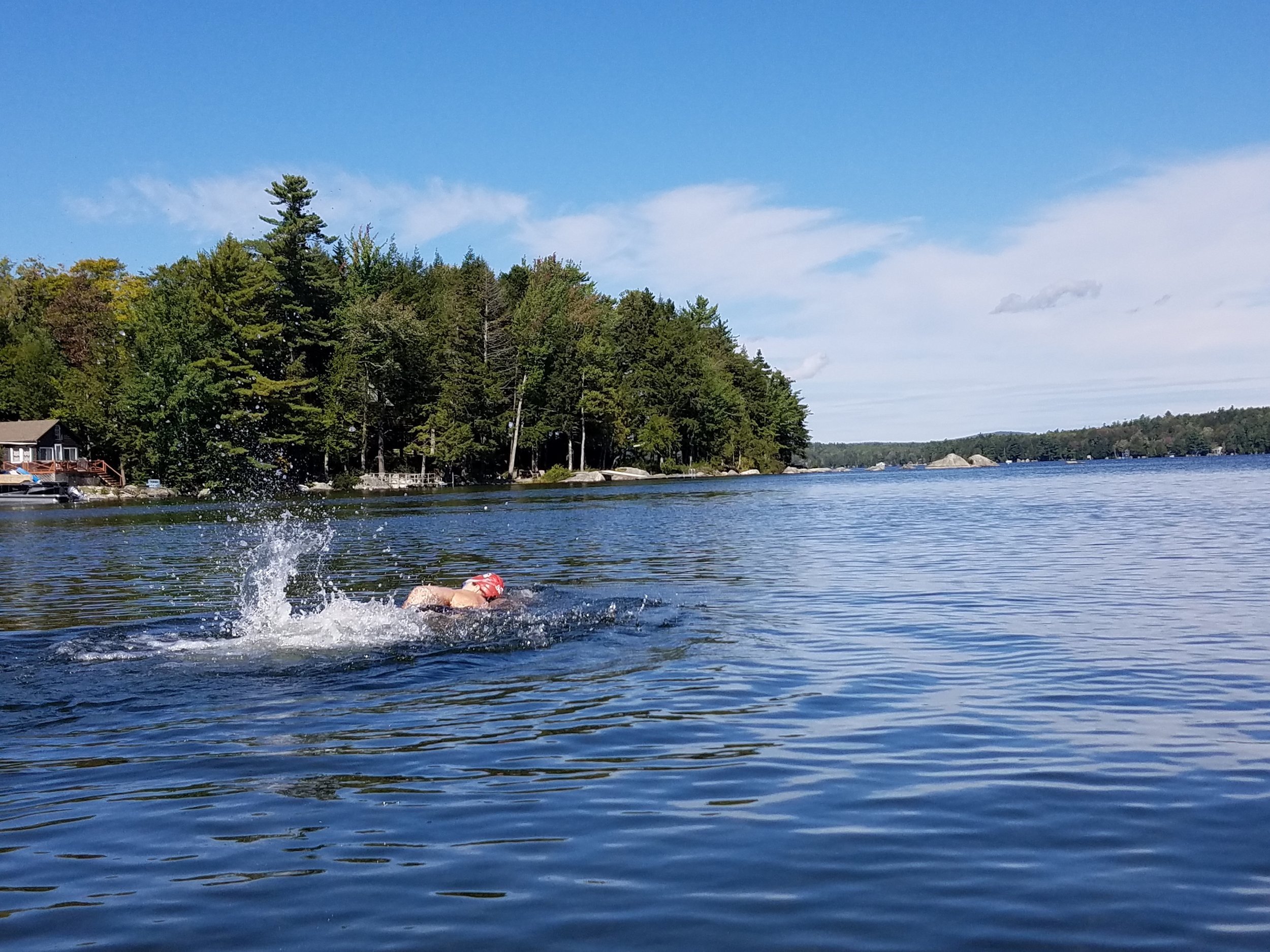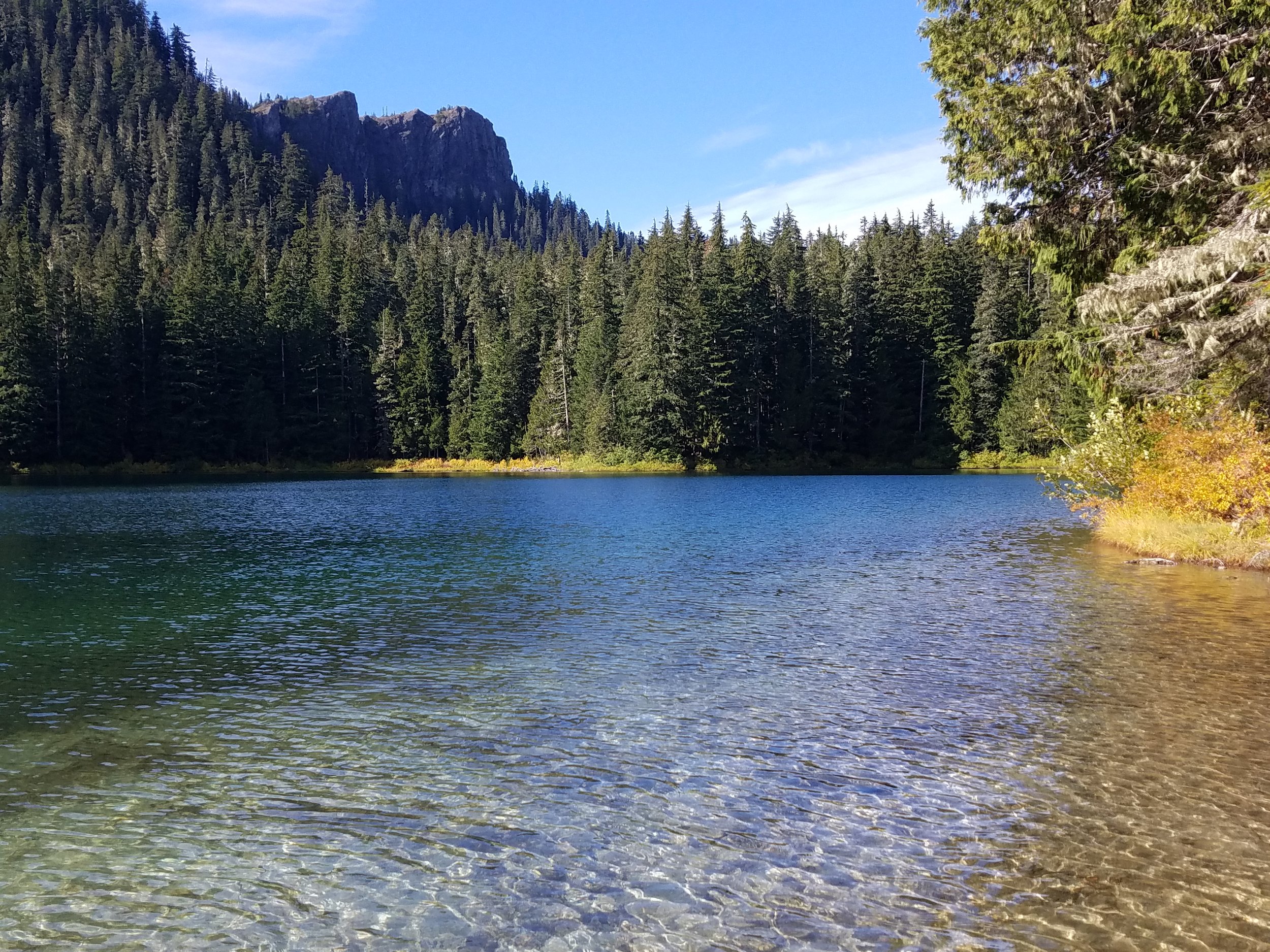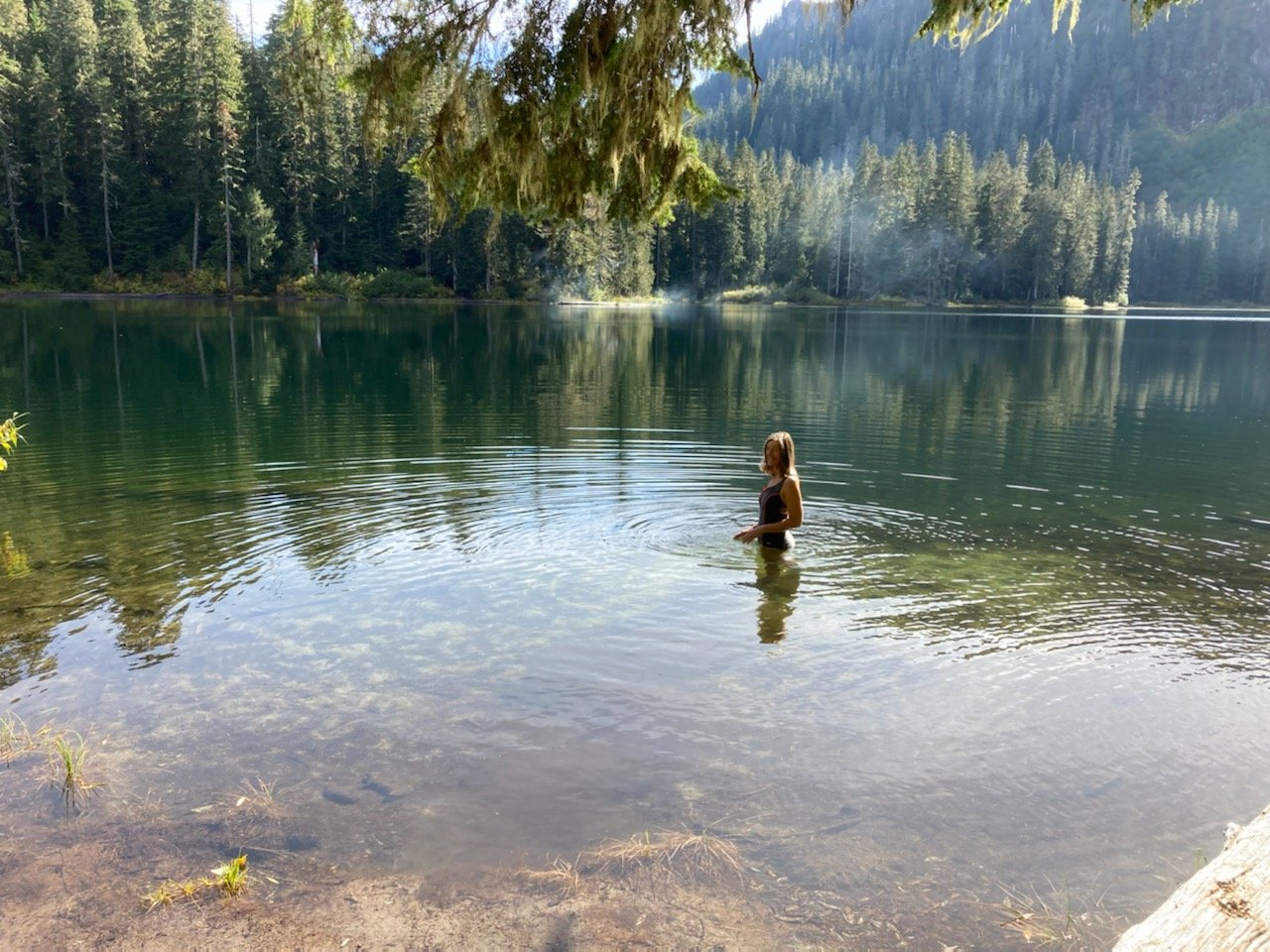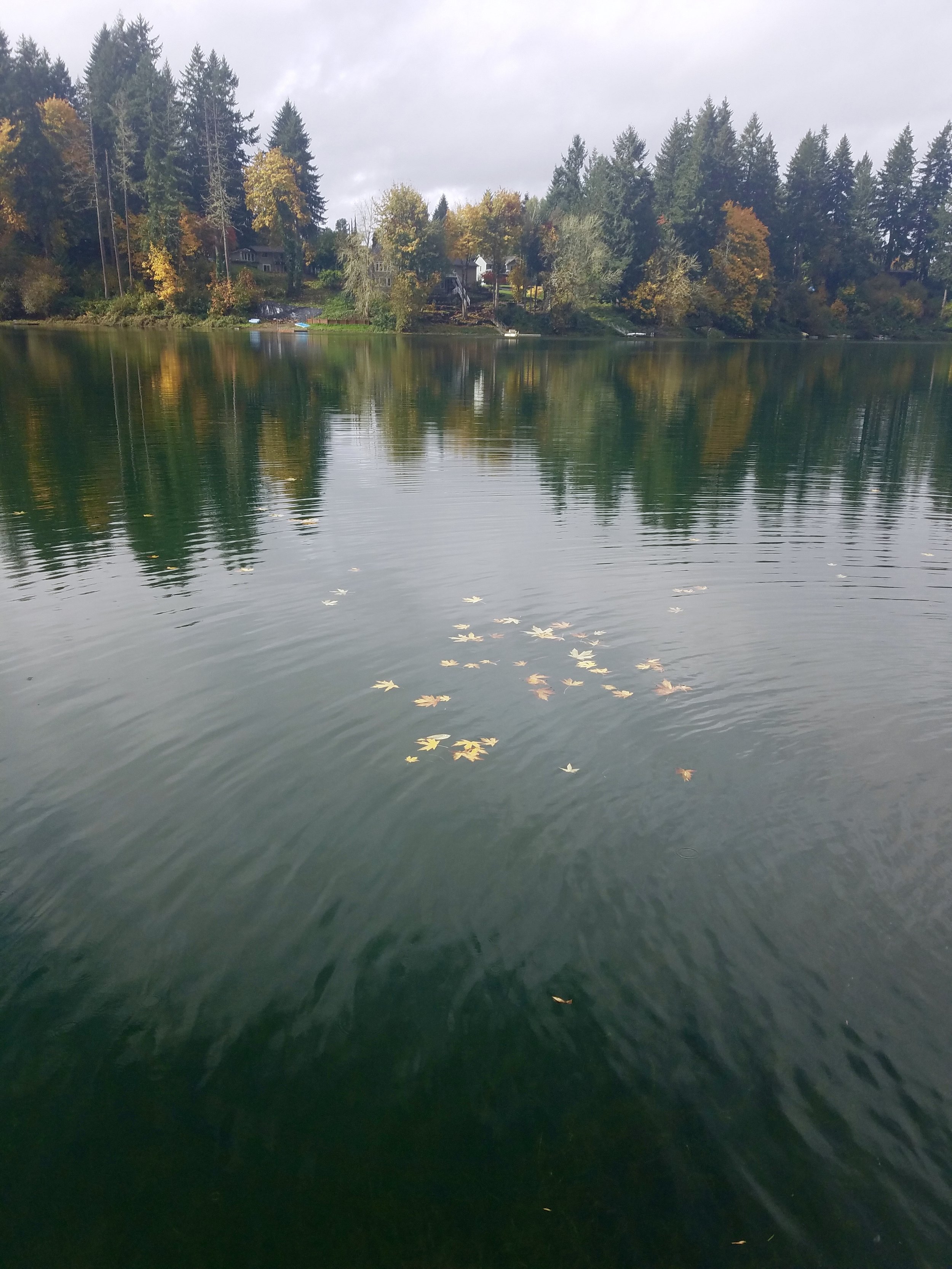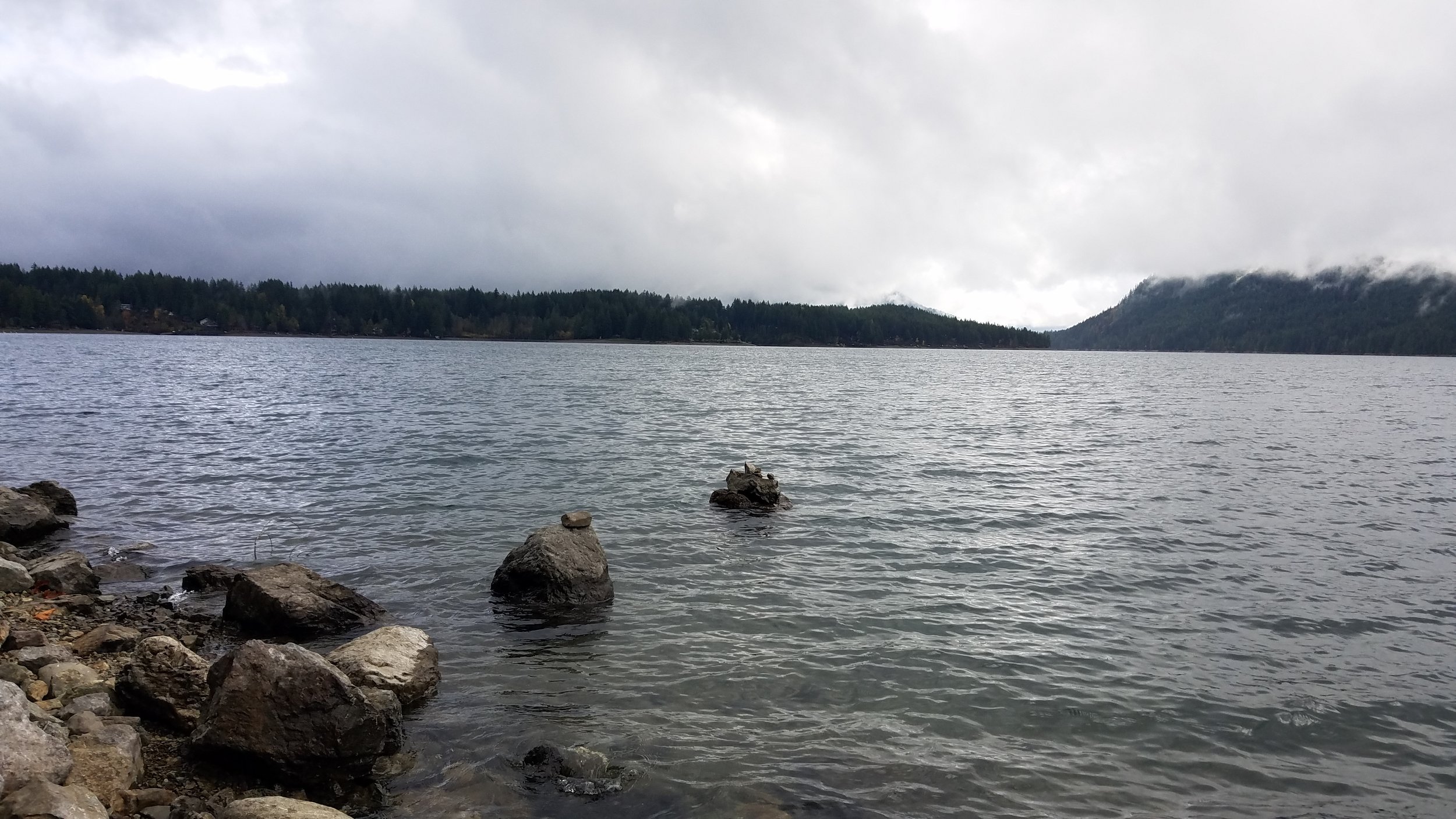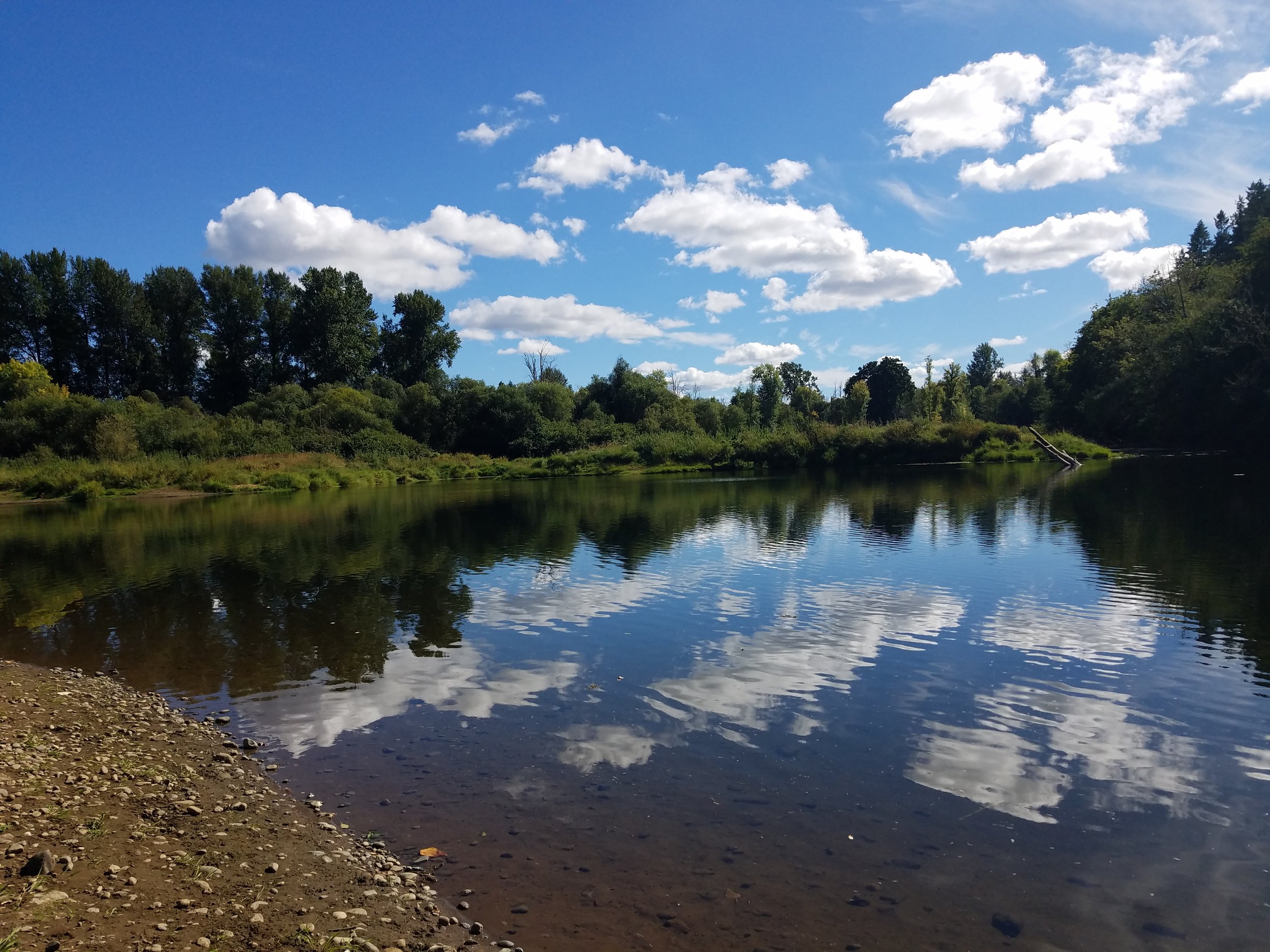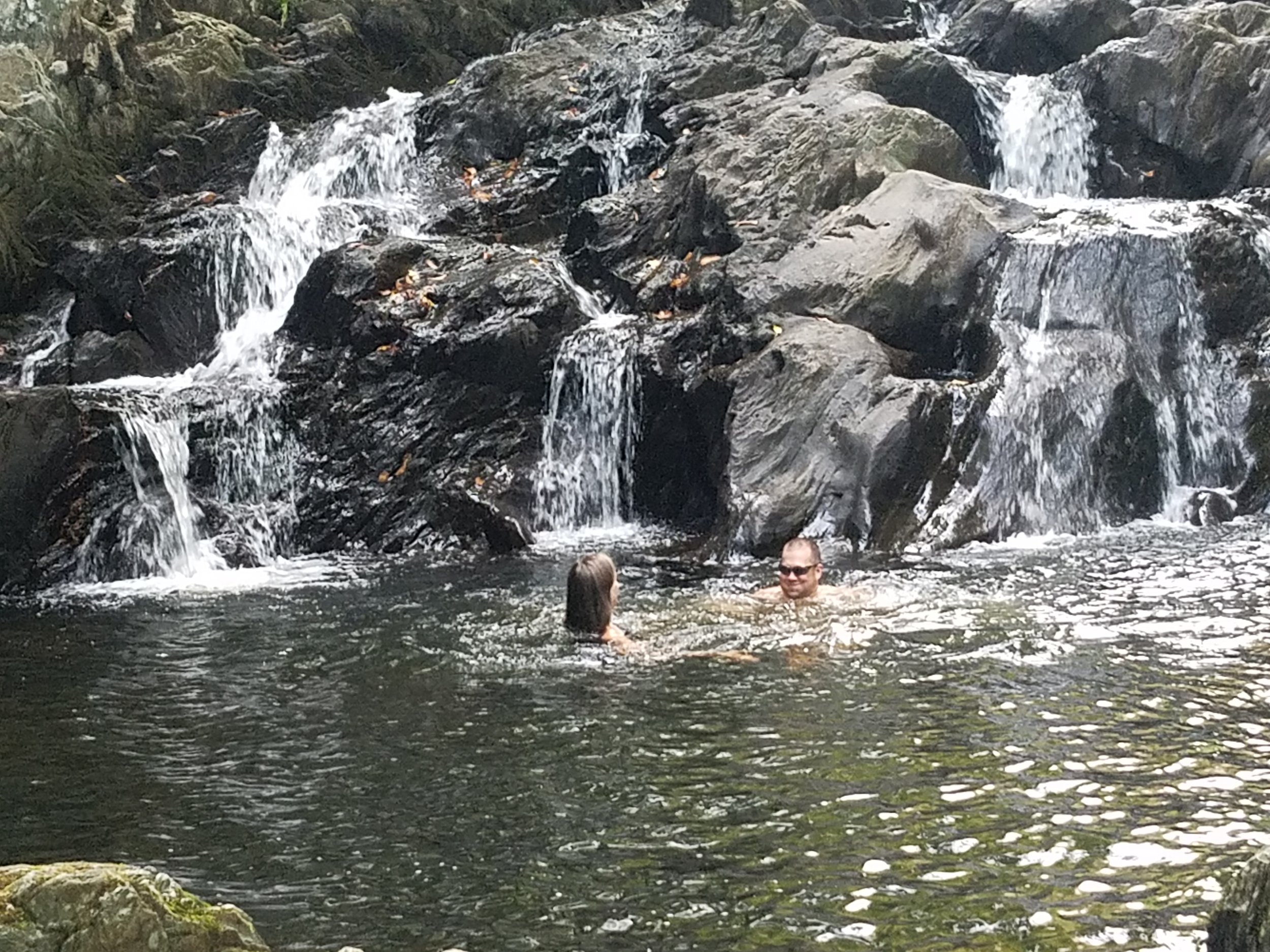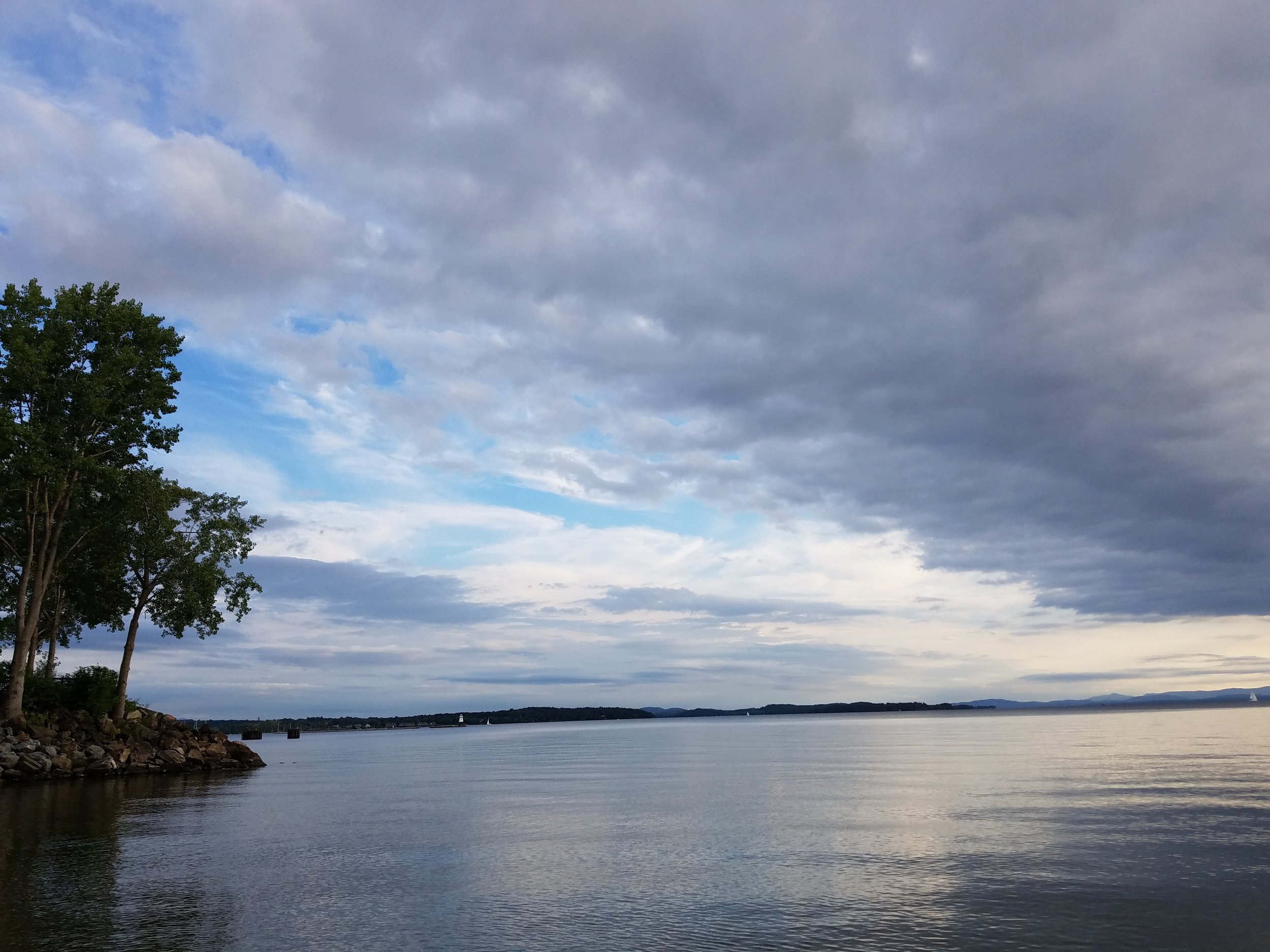After several years of lake swimming in summer and a few years of swimming through the winter, I stopped writing about my swims. I haven’t posted a blog since January, my notes on my swims since then are cryptic, and the only record of most swims is solely the name of the lake in a square in my monthly planner or a photo somewhere on my cell phone.
This was the point at which wild swimming had, after several years, had become so integrated into my life that I spent more time swimming and less time considering each swim as material for my book. I stopped evaluating or rating each and every swim. Anytime anyone asked how the water was, I never hesitated in answering “Perfect, as always” even though the conditions varied greatly across the seasons. Every swim was different, every swim was perfect. And I meant it.
I am so grateful to live in a place where I can swim in clean, fresh water. Where swimming costs nothing. Where people gather happily to enjoy the simple pleasure of swimming, dipping, wading, or just gazing at the water. I had begun to take all this for granted, even though I know it is a rare privilege to live in a place where fresh water is abundant, clean, and accessible. Often taking something for granted, often through lack of attention or lack of appreciation, can precede that something disappearing or being taken away. Therefore, a few words of appreciation for two of my favorite lakes in Washington State.
Ross Lake during calm waters with a beautiful anvil of a cumulonimbus cloud in the distance. (Photo by M.D. Ruth)
A late-August canoe-camping trip to Ross Lake was one of the most glorious swimming trips I’ve ever taken. The water color beautiful blue-green, clear, refreshing but warm enough (75-ish) to lure in the cold-water adverse swimmers. My husband and I swam three to four times a day—sometimes a quick dip from a place along the shore where we could tie up our canoe to a log, other times a longer swim into a ferny grotto to a waterfall, or across a side inlet. Because this is a drowned river valley, there are no beaches gravel bars per se. The water gets deep very quickly once you are offshore—a delight if you like swimming close to the trees and rocky bases of the peaks that rise steeply on either side of the lake.
The quality of the water was idea, but it was our physical proximity to the water and the ease of access that made this “swim-cation” so perfect. When we weren’t on the lake canoeing, we were next to the lake out our campsite. Our four campites were all immaculate and all equipped with a dock, groomed tent site, capacious bear locker, picnic table, fire ring, and privy (supplied with toilet paper!!!). Though considered “primitive,” these campsites rated as “luxurious” for me: we had views of the lake, the forest, the glacier-topped peaks, the skies—including spectacular viewing of the Milky Way and Jupiter.
Ross Lake is the Ross Lake National Recreation Area adjacent to North Cascades Park in Washington State. It is not a natural lake, but the result of the damming of the Skagit River in 1949 by Seattle City Light to generate hydroelectric power for Seattle. The lake is 540 feet deep (max) and stretches 23 miles into British Columbia. The lake is remote and access is boat-in or hike-in only (boaters can have their boats and gear shuttled by truck over the dam from Diablo Lake in North Cascades National Park). It’s work to get to Ross Lake and paddling can be challenging when the winds kick up in the afternoon. The reward for the work is some of the Pacific Northwest’s most stunning scenery and a gorgeous body of water you’re never more than thirty seconds from getting in.
Lake plus clouds=paradise. (Photo by M.M Ruth)
After my trip to Ross Lake, I thought my next swim in Ward lake (my local neighborhood lake) would be a disappointment. This morning’s swim proved otherwise. I put on my bathing suit, sweat pants, sweater, and sneakers and walked an easy 20 minutes to the lake. There were a few people fishing from small boats but no other swimmers. I swam to the center of the lake and turned to float on my back just as an osprey appeared overhead, shaking the water off its wings in midair. It had a fish in its talons. Naturally, a bald eagle soon appeared. For a good twenty minutes, the kleptoparasitic eagle pursued the osprey across the lake and around the perimeter of the lake. The deft osprey—a hawk considerably smaller than an eagle—outmaneuvered the eagle with every turn. Ultimately the exhausted eagle gave up and flew off. I lost sight of the osprey but hope that fish was delicious. It certainly was well earned.
I swam back to the dock, dried off in the sun, and walked home.
Another perfect swim. As always.


